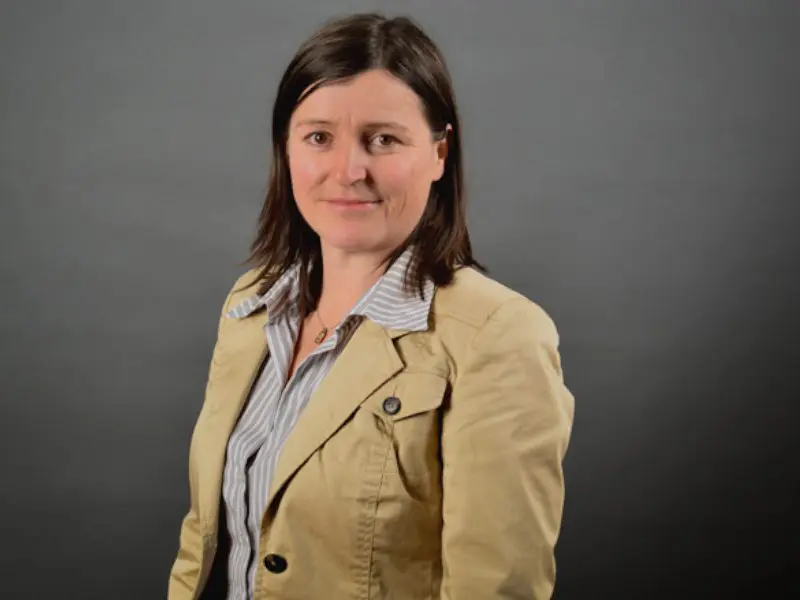Spatial Energy Planning II
Application Details
1.6.2021-31.5.2024
Out Competences
APPLIED SPATIAL INDECIES
DATA ANALYTICS
GEOINFORMATICS
Studio
iSPACE SMART SETTLEMENT SYSTEMS
Client
The global energy market is changing: Far-reaching changes in our consumption and mobility behaviour are necessary in order to achieve European climate goals. The upheaval in the energy market requires information and coordination in order to exploit the potential of all renewable forms of energy and to make the best possible use of the available resources and infrastructures.
Spatial Energy Planning (SEP) is an important lever for the integration of innovative and sustainable technologies and new market models: Methods for energy spatial planning are researched and harmonised for further development. The methods developed in SEP I for the heat sector will be expanded in SEP II to include the electricity and mobility sectors.
For the participating regions and cities (city/state of Salzburg, Vienna, Styria, Graz), use cases in energy-related spatial planning are identified and customised applications for planning support are developed.
The aim is to support sovereign tasks in energy-oriented urban planning, monitoring and further research projects.
The global energy market is changing: Far-reaching changes in our consumption and mobility behaviour are necessary in order to achieve European climate goals. The upheaval in the energy market requires information and coordination in order to exploit the potential of all renewable forms of energy and to make the best possible use of the available resources and infrastructures.
Spatial Energy Planning (SEP) is an important lever for the integration of innovative and sustainable technologies and new market models: Methods for energy spatial planning are researched and harmonised for further development. The methods developed in SEP I for the heat sector will be expanded in SEP II to include the electricity and mobility sectors.
For the participating regions and cities (city/state of Salzburg, Vienna, Styria, Graz), use cases in energy-related spatial planning are identified and customised applications for planning support are developed.
The aim is to support sovereign tasks in energy-oriented urban planning, monitoring and further research projects.






